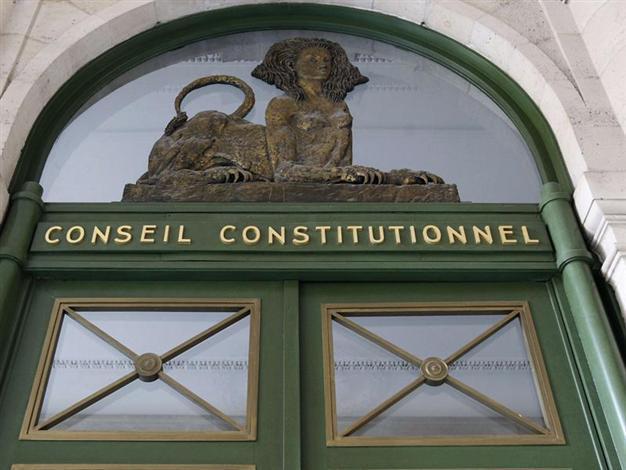French gov't to sumbit revised proposal for 75 pct tax rate after constitutional court rejection
PARIS

AFP PHOTO / THOMAS SAMSON
The French government will redraft a proposal for a 75 percent upper income tax band and resubmit it, the prime minister's office said on Saturday, after the Constitutional Council rejected the measure included in the 2013 budget, Reuters has reported."It will be presented as part of the next budget law," Prime Minister Jean-Marc Ayrault's office said in a statement, without giving a time frame. The statement said the Council's rejection of the 75 percent tax would not affect efforts to trim the public deficit.
French 75% tax rate on rich ruled unconstitutional
France's highest constitutional authority on Saturday struck down a 75 percent tax rate on earnings over a million euros, one of the centrepieces of Socialist President Francois Hollande's policies, Agence France-Presse has reported.
The upper income tax rate had angered business leaders and prompted some wealthy French citizens to seek tax exile abroad, including actor Gerard Depardieu who recently took up residency in Belgium.
The Constitutional Council said in its ruling that the temporary two-year tax rate was unconstitutional because, unlike other forms of income tax, it applied to individuals instead of whole households.
As a result, the council said, the tax rate "failed to recognise equality before public burdens".
Though largely symbolic -- it would have only applied to about 1,500 individuals -- the tax measure had been a flagship promise of the election campaign that saw Hollande defeat right-winger Nicolas Sarkozy in May.
It was not immediately clear if the government would seek to move forward with the tax rate, part of the 2013 budget approved by parliament, in another form.
The Constitutional Council also rejected new methods for calculating the wealth tax, striking down a new provision that would have increased the amount of taxable revenues and capital gains.
















